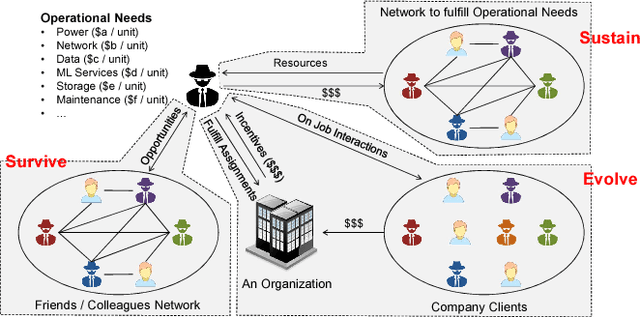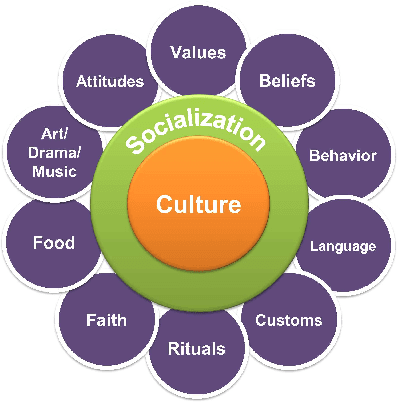Joydeep Mondal
Vacaspati: A Diverse Corpus of Bangla Literature
Jul 11, 2023Abstract:Bangla (or Bengali) is the fifth most spoken language globally; yet, the state-of-the-art NLP in Bangla is lagging for even simple tasks such as lemmatization, POS tagging, etc. This is partly due to lack of a varied quality corpus. To alleviate this need, we build Vacaspati, a diverse corpus of Bangla literature. The literary works are collected from various websites; only those works that are publicly available without copyright violations or restrictions are collected. We believe that published literature captures the features of a language much better than newspapers, blogs or social media posts which tend to follow only a certain literary pattern and, therefore, miss out on language variety. Our corpus Vacaspati is varied from multiple aspects, including type of composition, topic, author, time, space, etc. It contains more than 11 million sentences and 115 million words. We also built a word embedding model, Vac-FT, using FastText from Vacaspati as well as trained an Electra model, Vac-BERT, using the corpus. Vac-BERT has far fewer parameters and requires only a fraction of resources compared to other state-of-the-art transformer models and yet performs either better or similar on various downstream tasks. On multiple downstream tasks, Vac-FT outperforms other FastText-based models. We also demonstrate the efficacy of Vacaspati as a corpus by showing that similar models built from other corpora are not as effective. The models are available at https://bangla.iitk.ac.in/.
Cogniculture: Towards a Better Human-Machine Co-evolution
Dec 11, 2017


Abstract:Research in Artificial Intelligence is breaking technology barriers every day. New algorithms and high performance computing are making things possible which we could only have imagined earlier. Though the enhancements in AI are making life easier for human beings day by day, there is constant fear that AI based systems will pose a threat to humanity. People in AI community have diverse set of opinions regarding the pros and cons of AI mimicking human behavior. Instead of worrying about AI advancements, we propose a novel idea of cognitive agents, including both human and machines, living together in a complex adaptive ecosystem, collaborating on human computation for producing essential social goods while promoting sustenance, survival and evolution of the agents' life cycle. We highlight several research challenges and technology barriers in achieving this goal. We propose a governance mechanism around this ecosystem to ensure ethical behaviors of all cognitive agents. Along with a novel set of use-cases of Cogniculture, we discuss the road map ahead for this journey.
 Add to Chrome
Add to Chrome Add to Firefox
Add to Firefox Add to Edge
Add to Edge